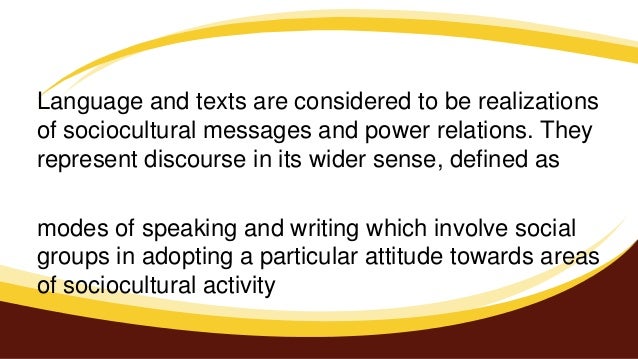In lieu of an abstract, here is a brief excerpt of the content:BOOK NOTICES 227 and links it to an Egyptian form, thus to ProtoAfrasian. In the first of the phonological papers, William Leben ('Intonation in Chadic: An overview', 199-218) offers a preliminary survey (mainly of Hausa) that provides a valuable starting point for further work on Chadic intonation. Carleton Hodge, in 'Hausa and the prothetic alif' (219-32), carries forward his exploration of The possibility of an Afrasian initial 'V, which in this case accounts for the treatment of initial CC clusters in Hausa. Zygmunt Frajzyngier & Robert Koops ('Double epenthesis and N-class in Chadic', 233-50) combine Hodge's idea with an analysis by Paul Newman to arrive at a double epenthesis—first ofa vowel and then of a glottal stop or fricative—in Chadic. This leads to the discovery of an animate «-class in Hausa and some other West Chadic languages. In a historical paper, Hermann Jungraithmayr ('Is Hausa an early or late stage Chadic language?'
- Discourse And The Translator Hatim Pdf File Download
- Discourse And The Translator Hatim Pdf File Converter
- Discourse And The Translator Hatim Pdf File Online
Discourse And The Translator Hatim Pdf File Download
, 251-66) adopts Diakonoff's model of Afrasian 'stages' and concludes that Hausa is 'middle stage' in phonology and 'new stage' in vocabulary and verb morphology. Voigt ('Verbal conjugation in ProtoChadic ', 267-84) concludes that a prefix-conjugated aux in East Chadic is the source oflaterday final aspect vowels.
He then compares East Chadic with Cushitic (which retains some prefix conjugations) and concludes that they form together a branch within Afrasian. It is not clear where Omotic (= 'West Cushitic'), fits here, since it lacks prefix conjugations; perhaps this should spur a further search for traces of prefix conjugation in Omotic. Finally, Sergio Baldi's 'On semantics of Arabic loan words in Hausa' (285-301) is a report on a forthcoming study of 1245 loans found in seven semantic domains, including words coming in via other African languages. He gives a useful sample of 124 examples.
Bender, Southern Illinois University, Carbondale. Discourse and the translator. By Basil Hatim and Ian Mason.
Discourse And The Translator Hatim Pdf File Converter
London: Longman, 1990. The unifying premise of this book is simple and reasonable: since translation aims at the most accurate possible use of a target code to transmit a source-code message, improved understanding of how language codes actually embody and communicate meaning should yield a more satisfactory model of the translation process. Discourse analysis stresses, of course, the primacy of function over form, and the book examines several theoretical notions that might relate source texts and translations in terms of intentional rather than literal equivalence.

To Hatim & Mason, the translator is a 'mediator between the producer of a source text and whoever are its target language receivers' (223), in keeping with a generally Gricean or Widdowsonian view of all communication as a process of negotiation. Pursuing this motif from chapter to chapter, H&M discuss in some detail the possible implications of several major discourse -analysis concepts: register, context, illocutionary force, semiotic interaction, intertextuality, text type (genre), text structure, and texture. As a teacher of discourse analysis as well as a translator, I found the book not only original and ambitious but also extremely interesting. One reservation did arise at points, however. New descriptive and analytical models can certainly help translators make the important choice between a more literal, product-oriented view of their craft and a freer, more processoriented one, but discourse analysis does have a serious disadvantage in that role; although it offers much that is convincing and germane, some of the relevant theories are themselves still undergoing refinement.
Discourse And The Translator Hatim Pdf File Online
At times, as with their discussion of Gricean implicature (97-8), H&M explicitly present examples of disagreement over how a particular discourse feature operates; and they are quite prepared to admit how little is actually known about the detailed workings of some discourse patterns that translators might seek to retain in their target-language texts (220). Often, however, it seems possible and even probable that readers will form the impression that—because appeals are made to it in order to elucidate translation theory —discourse analysis must be a far more staid and established discipline than it is in fact. Of course, a good reason for examining links between these two disciplines might be that in so doing we will better understand both discourse analysis and translation theory.
Books.google.de - Culture has a significant influence on the emerging trends in translation and interpretation. By studying language from a diverse perspective, deeper insights and understanding can be gained.Redefining Translation and Interpretation in Cultural Evolution is a pivotal reference source for the latest scholarly.
Redefining Translation and Interpretation in Cultural Evolution.